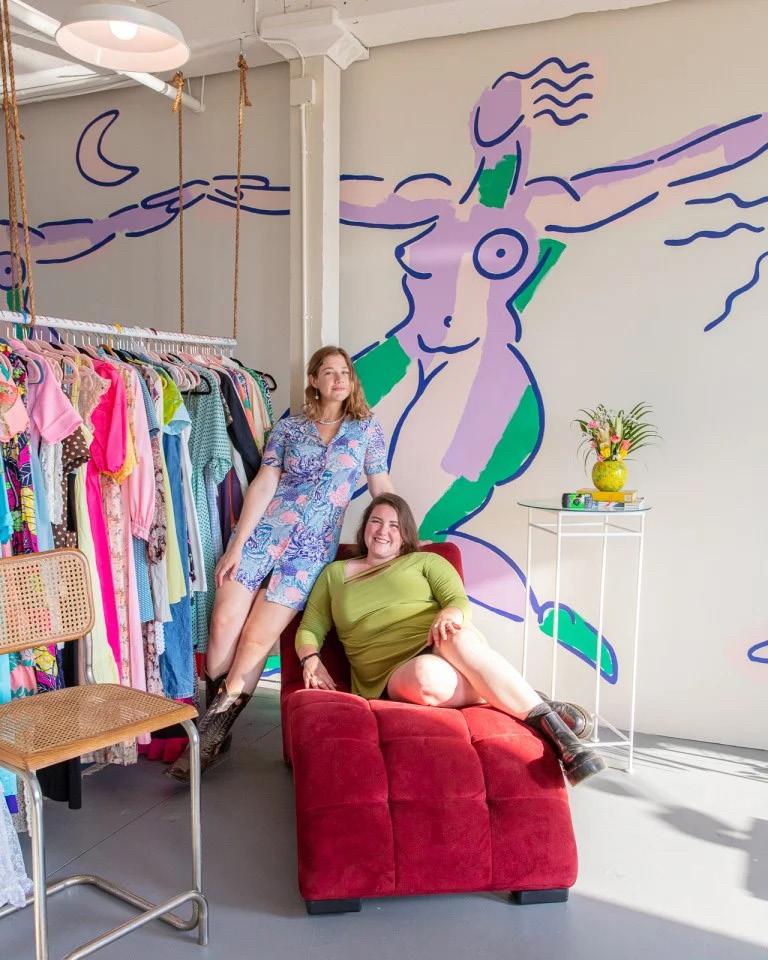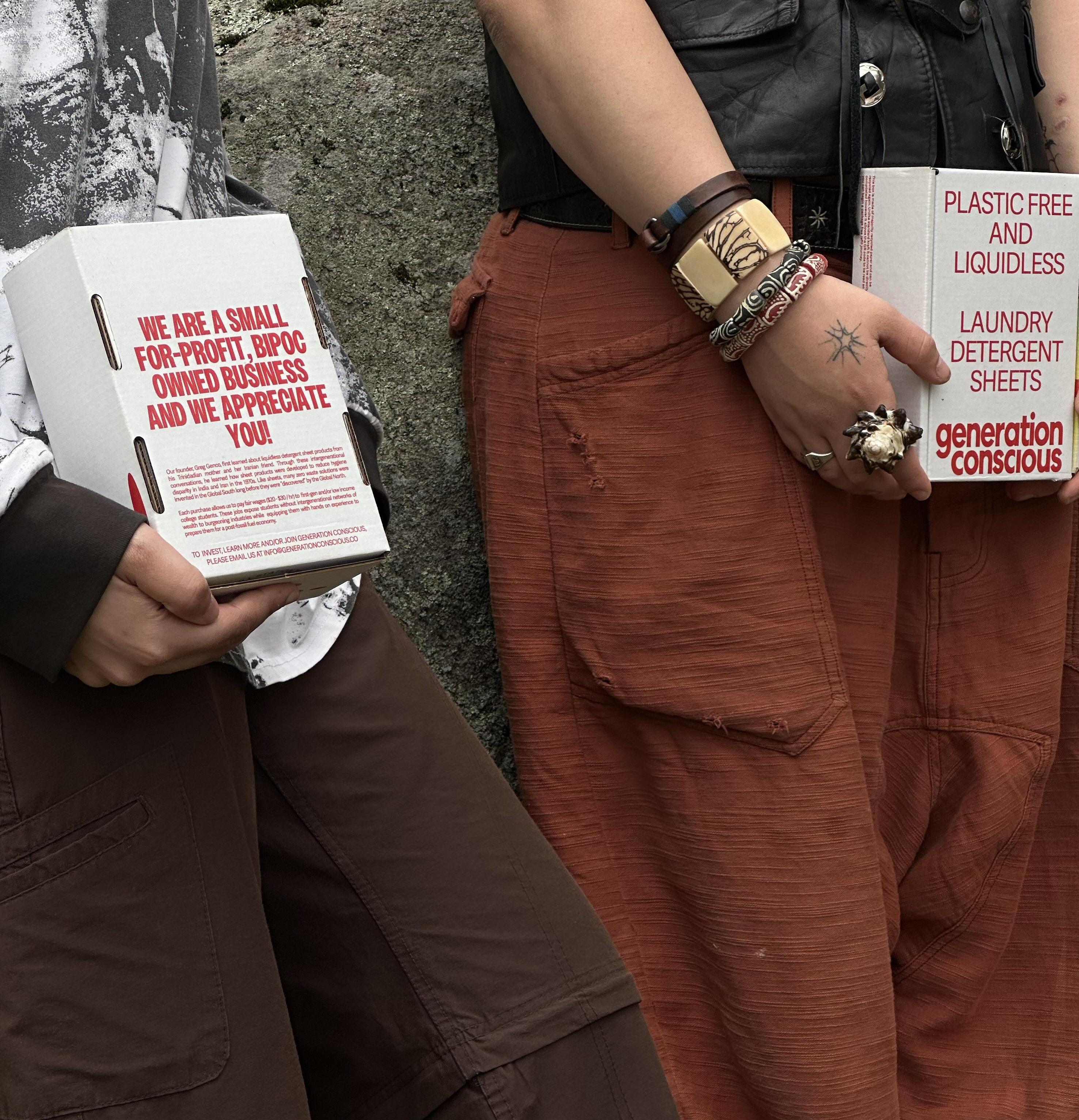
2 minute read
Pierce’s POV
by Pierce Marra
Shopping is a craft based on personal opinion and style. Buying things we find appealing is the entire process, but what happens when in this process, it becomes necessary to re-evaluate the ethics of modern day consumerism?
Advertisement
In a world where clothes and shopping sometimes seem to dominate everyday life; there is a constant battle to remain ethically conscious and still buy things we find desirable. Sustainable clothing doesn’t always reflect in quality or design, and while shopping ethically is the goal, it isn’t always so accessible.
When examining top competitors in the “sustainable fashion” realm, one can’t help but notice the elevated prices. Take Everlane, for example, a brand that markets itself as “sustainable and ethical”, but has found itself embroiled in contradiction over the validity of these claims. A simple cotton dress retails for $168, which doesn’t seem to be “sustainable” to most. Brands like PACT, Boden, and Pangaia offer sustainably sourced and made products, but once again, at high prices. Sustainability should never come at a true cost. One of my favorite ways to purchase things from brands like these without having to pay full price is through sites like Depop, Poshmark, and eBay. Especially in the pandemic, digital/online thrifting became increasingly popular, making it more accessible for people to buy the clothes they wanted not only easier, but for better prices.
Entering college, part of me was sad to be leaving behind all my favorite haunts at home: sushi restaurants, taco places, and even the supermarket that I’d learnt the ins and outs of since childhood. Something I didn’t anticipate missing so greatly were my favorite local shops. I had discovered various boutiques, consignment and thrift stores, and other storefronts offering curios and other knick-knacks. One of my favorites owned by a hometown local, Lunchbreak Vintage in Swarthmore, sells new and old inventory sourced from all over, featuring rare collector’s items like Eagles windbreakers and one-of-a-kind Levi’s. When coming to Conn, along with Goodwill and other shops, I was eager to explore what New London had to offer in terms of vintage retail.
Back in November, I ventured to the Goodwill in Groton with my friends to test the waters of southeastern Connecticut’s selection. We came away with a plethora of amazing finds, from vintage blazers to tote bags to Marc Jacobs sweaters. When shopping at Goodwill, however, I always felt as though I wasn’t supposed to be taking advantage of their low prices; like I was taking away from others. Upon further research, I was reinformed of Goodwill’s mission. According to their website, Goodwill strives to “enhance the dignity and quality of life of individuals and families by strengthening communities, eliminating barriers to opportunity, and helping people in need reach their full potential through learning and the power of work”. In short, any and all proceeds going to the Goodwill corporation are put to good use. The company aims to provide clothing at affordable prices for all, and with the way they give back, it doesn’t matter by who or in what way Goodwill is being utilized; it will benefit the community at large through job training, homelessness outreach, and rehabilitation.

Throughout New London, I’ve found a couple shops that somewhat rival my favorites from home: Sandy’s Bargains, which offers consignment clothes and accessories for all aesthetics and age groups; and Pennywise Consignment in Mystic, a shop similar to Sandy’s. What I’ve found is that sometimes you just have to try things out and explore in order to find a trusted and reliable shop that supplies clothing that you like.
To make shopping sustainable, it must first be sustainable for all. Shoppers shouldn’t have to choose between enjoying shopping and honoring their principles and morals; there is a way to do both, all without breaking the bank. Shopping has always been one of my favorite experiences, and it’s even better when I know I’m doing it well: ethically, and supporting others through my purchases.











